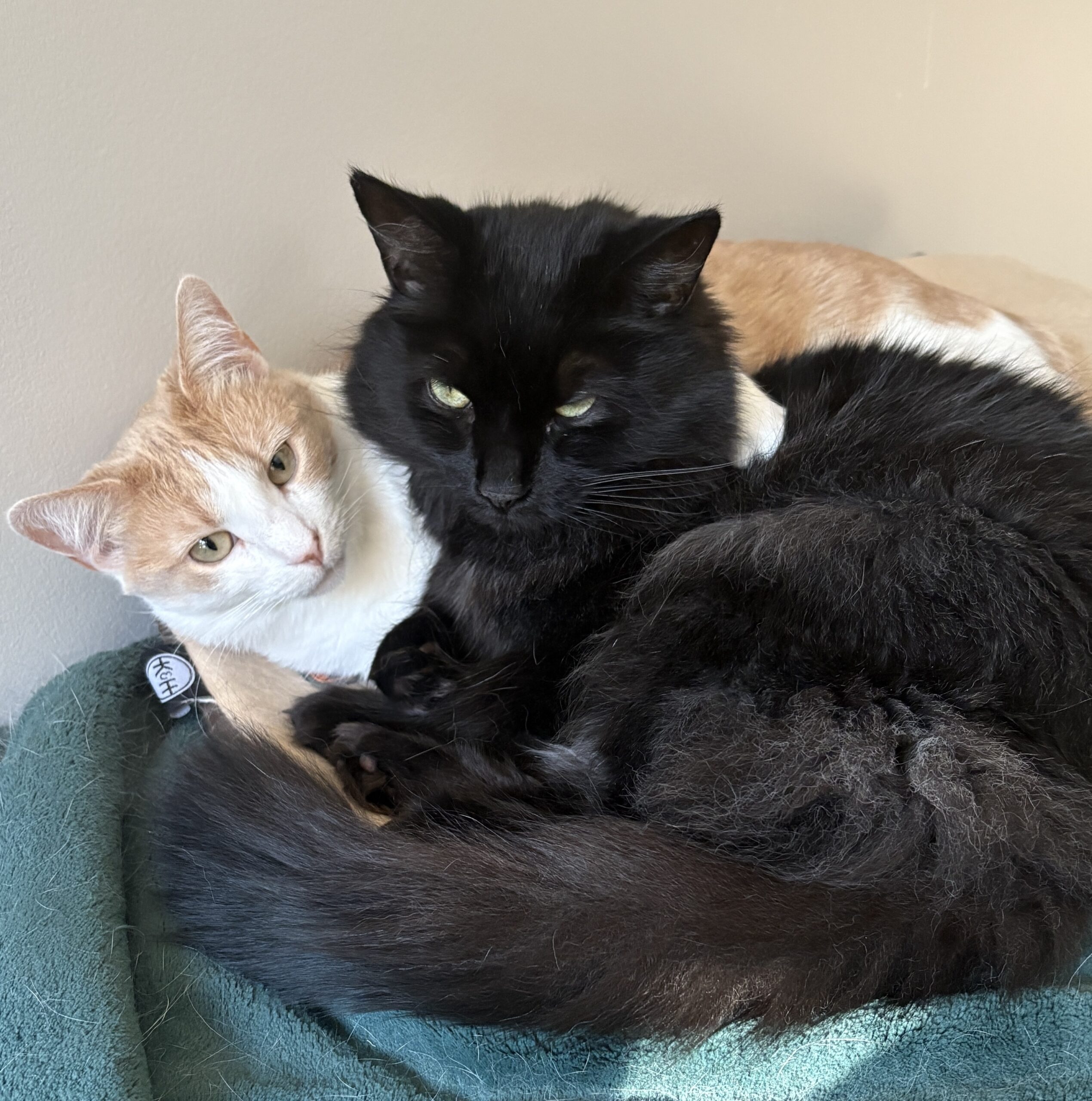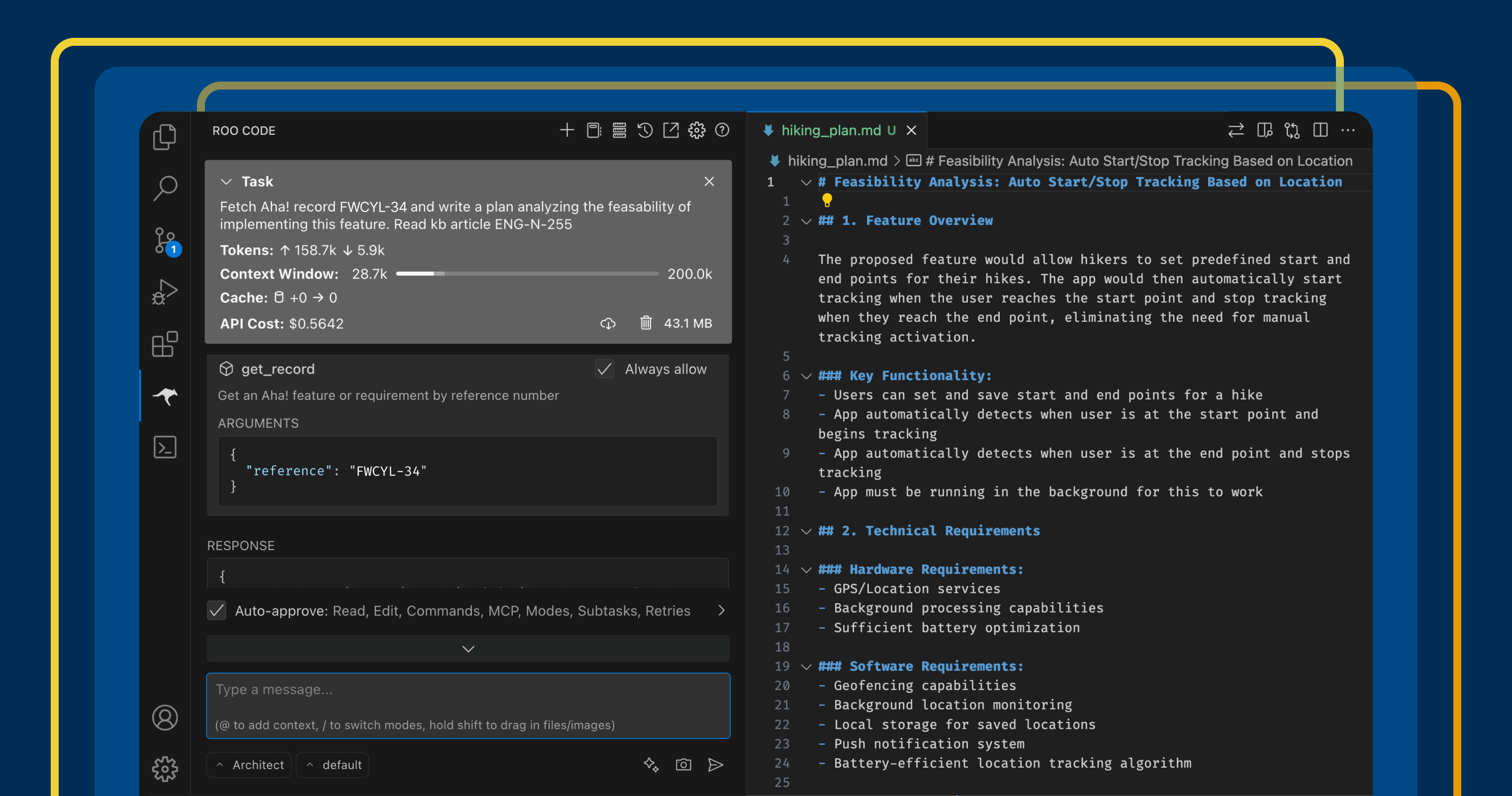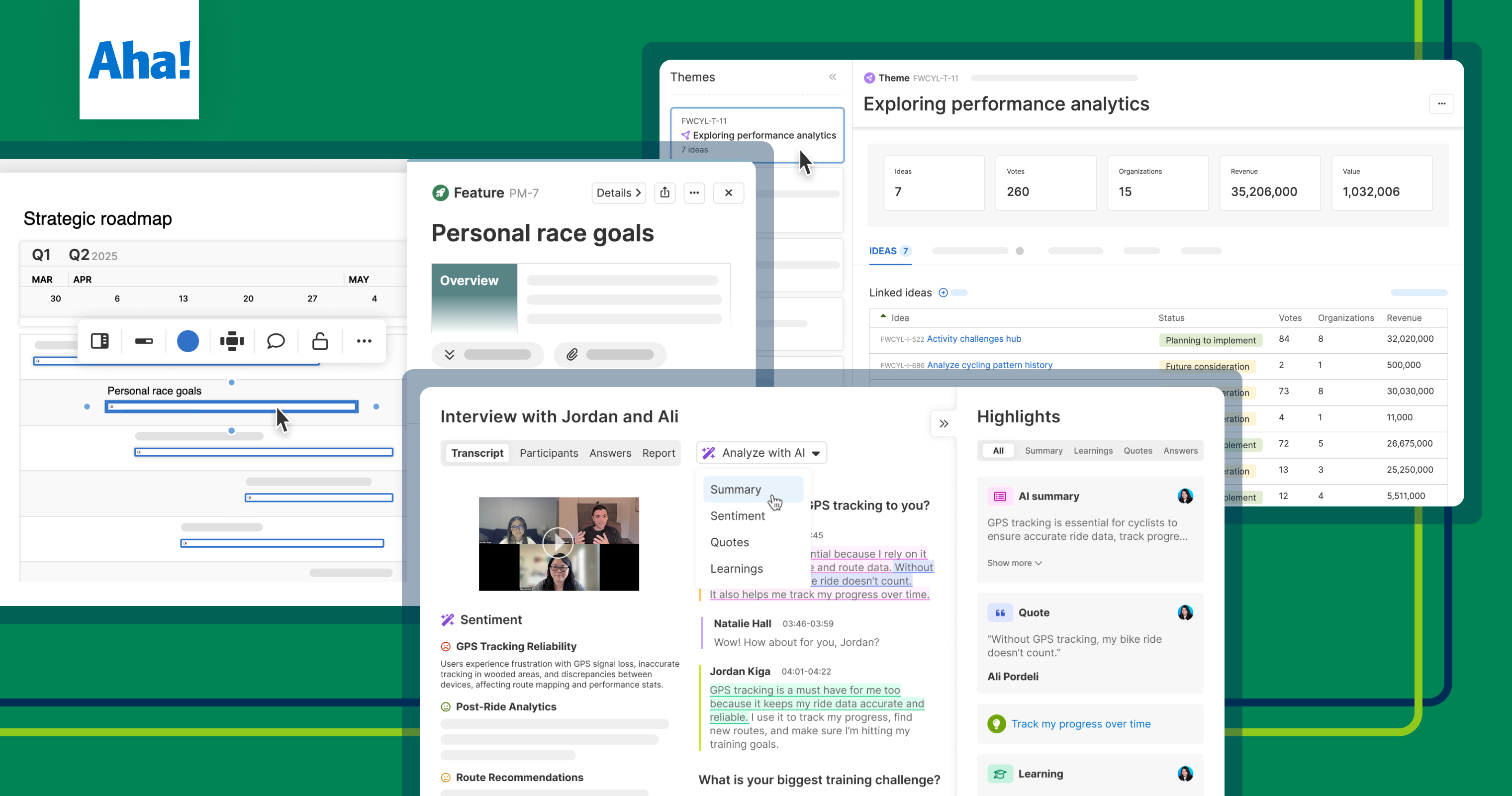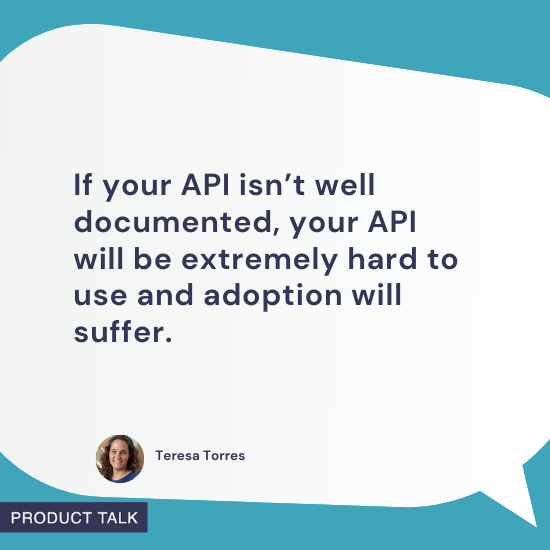getting out of a fancy work lunch due to allergies, photo of a coworker doing a Nazi salute, and more
This post was written by Alison Green and published on Ask a Manager. It’s four answers to four questions. Here we go… 1. Excusing myself from a fancy work lunch due to allergies I have severe food allergies to multiple common food items. They are complex (substitutes for one food often contain another, some allergies are tied to flavoring or preservative agents not immediately obvious, etc.), often challenging, […]

This post was written by Alison Green and published on Ask a Manager.
It’s four answers to four questions. Here we go…
1. Excusing myself from a fancy work lunch due to allergies
I have severe food allergies to multiple common food items. They are complex (substitutes for one food often contain another, some allergies are tied to flavoring or preservative agents not immediately obvious, etc.), often challenging, truly allergic (not an intolerance), and fairly new (adult onset a few years ago).
For that reason, I very rarely eat out. My food intake is consistent and incredibly limited. I had to work with a dietician for several months to figure out how to even get enough sustenance in me each day.
This reality sometimes makes it difficult to be involved in work events, many of which are food-related. But I’ve come to peace with that and typically just show my face and sip on a water or soft drink.
After a recent success, however, one of the higher-ups is bringing my team and another to a fancy local restaurant for a celebratory lunch. Everyone is very excited, but I checked the menu, and it’s going to be near-impossible for me to eat at this establishment. To be fair, it’s near-impossible for me to eat at most establishments, and even if I just pick at a plain salad, I tend to be a nervous mess the whole time.
Is there a graceful way to decline this group outing/similar outings without reflecting poorly on me or being left out of things in the future? I’d rather they not try to accommodate me; I don’t want to disappoint everyone else who is eager to attend. An alternative restaurant would also not necessarily help my dilemma; I don’t eat out often enough to even recommend one. To that end, I don’t know what else I could do but bow out; attending and not partaking feels somewhat awkward.
Can you call the restaurant, explain the situation, and ask if they’d okay you bringing your own food? Although restaurants often don’t allow that, they’ll sometimes make an exception in cases like this.
Alternately, if there’s something simple that’s not on the menu which you’d feel safe eating if they prepared it in an agreed-upon way (like plain poached salmon with a clear agreement not to add anything to it, or something else similarly straightforward), you could ask about that. Some people with very restrictive diets are comfortable doing that and some aren’t willing to trust it was prepared the way they requested; if you aren’t, ignore that suggestion.
Otherwise, it’s fine to explain your situation and say you’ll need to opt out. Say something like: “I really appreciate the offer to take us to Belvédère à Tacos. I have medical restrictions that mean I can’t eat in restaurants so I need to bow out, but I wanted to explain why and thank you for the recognition.” If they ask if there’s somewhere else that would work for you, you can reply, “I really don’t eat out because of it, but thank you for wanting to try!”
If you’re not comfortable sounding quite so rigid about it since it sounds like you do occasionally eat in restaurants (and you presumably don’t want to say this and then be spotted by a coworker in a restaurant the next day), you could replace “I can’t eat in restaurants” with “I can’t eat in the majority of restaurants” and, if pressed for an alternative, “I’m in restaurants so rarely because of this that I wouldn’t be able to recommend one, but thank you for offering.”
2. VP sent around a photo of a coworker doing a Nazi salute
I have been at my current company for eight years and it’s not perfect, but I do mostly enjoy my work. Last week the senior VP and COO of the company accidentally sent out a photo to 20 employees of our coworker doing a Nazi salute in a branded booth in front of two massive company logos, during an active trade show. There were multiple members of the executive management team, including the director of HR, on the chain, but not one person said anything about the Nazi pic, except for me. I texted that it was incredibly offensive and I don’t want to see that at work. I also spoke with HR. The senior VP sent more trade show pics and pretended like he didn’t just spread hate speech. It was very surreal.
There was zero doubt about what he was doing in the photo, and it quickly made the rounds of our small office. Everyone who saw it was equally horrified and several are thinking of resigning because of it.
This week I was told that the Nazi was reprimanded but will continue to work for the company. I told HR that I would at least like an apology and it should also be extended to everyone on that text chain. I was made to feel like I totally overreacted.
Unrelated to this recent incident, I’ve been interviewing for about a month for a new job that would offer more chance to move up in the company and is also much closer to home. I was truly on the fence about leaving, but the Nazi salute pushed me into the GTFO NOW camp. I anticipate receiving the job offer tomorrow.
When I write my resignation letter, can I explicitly state that I am leaving to grow my career in part but my main push to leave now is the Nazi salute and the way it was handled?
Please do explain that’s why you’re leaving! It’s astonishing that your company didn’t even think this should be addressed with the people the photo was sent to..
I generally wouldn’t put something like this in your resignation letter — resignation letters are for bureaucratic details like confirming you’re resigning and what your last day will be; they’re not the place to get into grievances — although in this case there’s a hell of an argument for including it. Either way, you can absolutely say it face-to-face when you tell your boss you’re leaving, and if you have an exit interview you should mention there as well.
You should also feel free to make sure everyone you work with knows what happened, if they don’t already know.
3. I feel guilty about telling my boss one of my employee was about to resign
I am in charge of a large number of employees. One of them told me he got a new job and would be giving his official notice this coming Monday (he is currently out of town). It weighed heavy on my heart to mention something to my boss. I hemmed and hawed about saying something because we are getting into a very busy season and realistically need to hire now if we are losing someone. He also told two or three of our other coworkers and is clearly excited. I am very excited for him!
So I mentioned to my boss that there was a 99% certainty that someone would be leaving and giving notice on Monday. He pressed hard and told me I needed to tell him who exactly so that he can make arrangements or at least get thinking about it. This is where I put myself in a pickle: I told him I didn’t want to betray anyone but as a leader at our store I did feel inclined to say something, knowing just how busy we are and how much of a detriment it will be when he leaves right now.
My boss seemed grateful that I said something. I even spoke to HR about it first, where she told me it would be best to at least mention something to my boss so we can start arrangements.
But I feel intense guilt that I said anything about it. I do not want to jeopardize his relationship with work and I am not happy that my boss pressed me because I tried desperately to be anonymous. I am his supervisor and in leadership here, and he did not tell me to keep it a secret. But I don’t want to betray him or put him in a bad spot. I think overall I could have waited until Monday. But I also feel like as a business person it was okay that I mentioned something. Is what I did wrong?
He didn’t ask you to keep it a secret! He presumably told you because it felt like work-relevant info and he didn’t ask you not to share it, so you are beating yourself up entirely too much. You’re fine.
If he had asked you to keep it a secret, you’d have been in a harder spot. That’s not always a request a manager can comfortably agree to; when you’re in possession of information that you know will affect business operations, in some cases you have an obligation not to keep that to yourself. That said, a difference of a few days will rarely make enough difference to matter, and in that case you should err on the side of respecting a request for confidentiality if you can. If it were the rare situation where a few days would matter — like if your boss was about to turn down an applicant who would be perfect as a replacement or make staffing decisions that would be affected by this — you’d have much more of an obligation to mention it.
The one thing you did weirdly here was presenting it to your boss as “someone is leaving but I can’t tell you who.” Either tell him or don’t tell him, but that kind of coyness will just cause alarm without having anything actionable attached to it, and it’s not surprising that your boss pressed you to say more once you raised it.
4. Missing work for a tennis tournament
My 17-year-old got a job at a local tennis club. He, like every single other weekend employee, is on his high school varsity tennis team. All these kids have weekend tennis tournaments to travel to during their rather short tennis season (four different weekends!). The employees are asked to find a sub to cover their shifts, but they are literally ALL going to these tournaments. My son’s boss seems unreasonably angry at all of them, when he could have seen this coming a mile away. What is the best way for my son to communicate with his boss about this?
“When I was hired, my understanding was that I’d be able to find subs for the small number of shifts I couldn’t work; it wasn’t clear when I signed on that no one would be available to sub because we all have to attend the same tournaments. I need to keep my commitments to my team, so I cannot be here on (dates). I understand if that means I can’t stay on.”
It’s possible his boss will consider this a deal-breaker so he should be prepared for that … but you’re not wrong that the boss should have anticipated it!


































































































![Building A Digital PR Strategy: 10 Essential Steps for Beginners [With Examples]](https://buzzsumo.com/wp-content/uploads/2023/09/Building-A-Digital-PR-Strategy-10-Essential-Steps-for-Beginners-With-Examples-bblog-masthead.jpg)





![How One Brand Solved the Marketing Attribution Puzzle [Video]](https://contentmarketinginstitute.com/wp-content/uploads/2025/03/marketing-attribution-model-600x338.png?#)






























